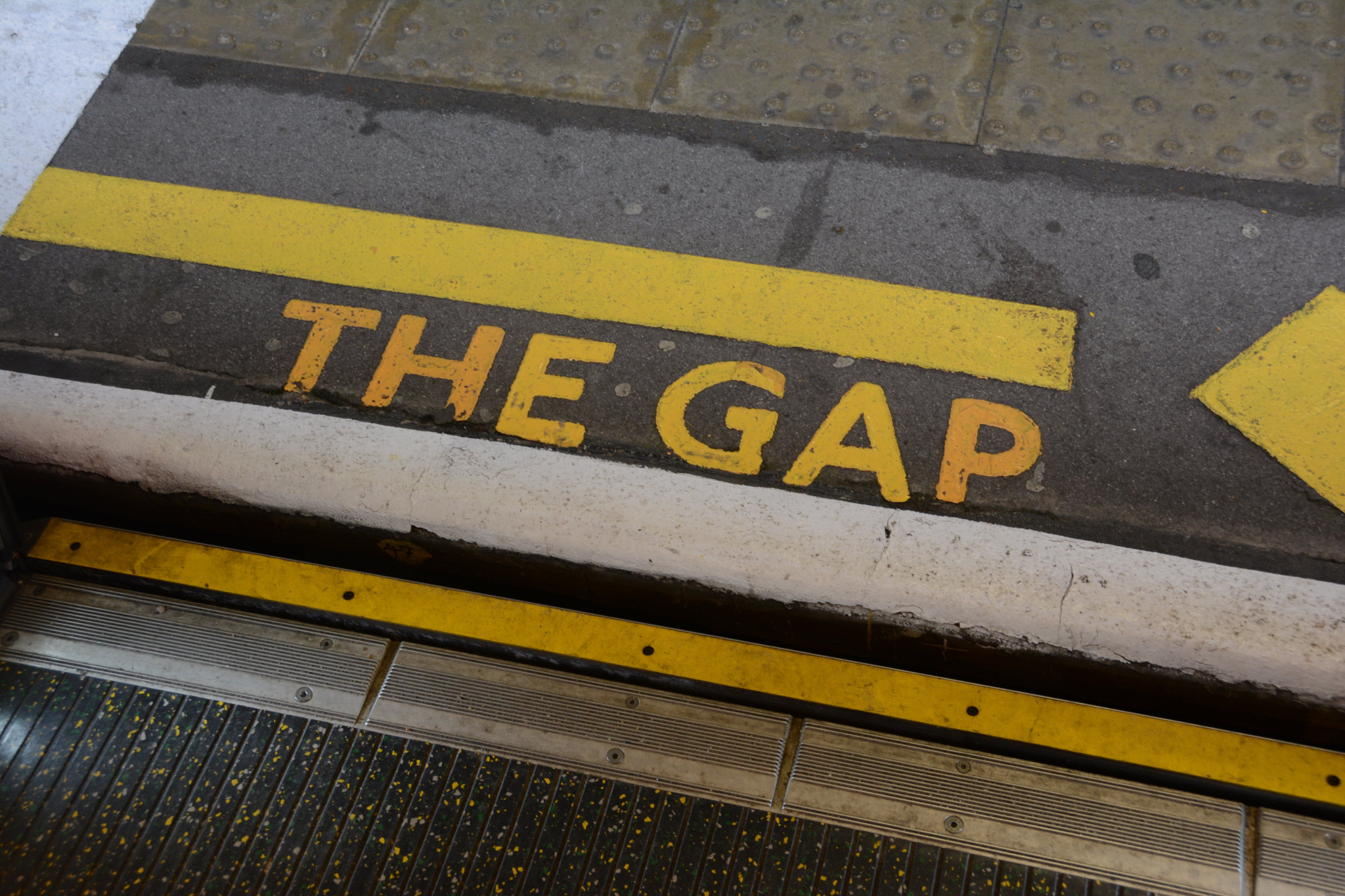
A Symphony of the Brain
Music is not just a universal language; it’s a universal architect, shaping the brain in profound ways. When we listen to music, it’s not just our auditory cortex that lights up; the whole brain gets involved. From processing rhythm in the cerebellum to activating memories through the hippocampus, music engages a wide network, enhancing brain connectivity. This isn’t just theoretical; MRI scans visibly demonstrate that musicians have more robust brain structures, particularly in areas responsible for auditory processing, motor control, and spatial coordination.
Delving deeper in the bustling crossroads of neuroscience and melody, where the tangible meets the intangible, lies “How Music Can Make You Better” by Indre Viskontas—a book that harmonizes the complexity of brain science with the universal language of music. This masterpiece not only demystifies how our brains perceive and process music but also elucidates the profound impacts music can have on our wellbeing, creativity, and cognitive functions. It’s a fascinating exploration that offers readers a new lens through which to view music—not just as entertainment, but as a potent tool for enhancing life.
At its core, Viskontas’ book is an invitation to journey through the neural landscapes where music resides, weaving together anecdotes, scientific studies, and personal insights to illustrate music’s power to heal, inspire, and transform. It’s a compelling read for anyone who’s ever felt moved by a melody, intrigued by the complexities of the human brain, or curious about the intersection between the two.
Whether you’re a musician, music lover, or simply curious about the interplay between art and science, Viskontas’ book is a must-read. It not only enriches your understanding of music but also invites you to make music an integral part of your journey toward wellbeing. So, tune in to the melody of your life, and let “How Music Can Make You Better” guide you to a deeper appreciation and utilization of music in your daily routine.
The Science of Sound: Unpacking the Brain-Music Connection
The author, Viskontas, starts off with the fundamentals, introducing readers to the fascinating world of brain anatomy and neurology in relation to music. She brings together difficult scientific ideas in a way that is easy to understand, which makes the book accessible to readers who do not have a background in neuroscience. When she engages in musical activities, such as listening to a symphony, playing an instrument, or humming a melody, she employs colorful explanations and compelling narratives to demonstrate how different sections of the brain interact with one another throughout the process.
Healing Harmonies: Music as Medicine
The therapeutic ability of music is considered to be one of the most significant findings contained within the book. Viskontas dives into case stories and research findings that illustrate the role that music plays in the management of stress, the alleviation of pain, and the assistance in the restoration of cognitive abilities following brain damage. She offers optimism and a fresh viewpoint on the healing process by sharing the experiences of people whose lives have had a significant improvement as a result of music therapy.
The Creative Catalyst: Music’s Influence on Innovation
The book “How Music Can Make You Better” investigates the influence that music has on creative and innovative processes, in addition to its therapeutic uses. According to Viskontas, listening to music can significantly improve one’s ability to think creatively, as well as their problem-solving skills and even lead to breakthroughs in a variety of subjects. Through the cultivation of an atmosphere that encourages open-mindedness and investigation, music can serve as a catalyst for the generation of innovative ideas and novel solutions.
A Practical Guide: Implementing Music’s Benefits into Everyday Life
What sets this book apart is not just its exploration of the why and how music affects us but also its practical guidance on incorporating these benefits into daily life. Viskontas offers readers actionable advice on how to use music intentionally to improve their mental health, boost productivity, and enrich their personal and professional lives. From creating the perfect playlist to enhance concentration, to using musical breaks to boost mood and creativity, the book serves as a manual for optimizing one’s relationship with music.
Deepening Your Understanding: Further Resources
For readers inspired to delve deeper into the science of music and its effects on the brain, there are numerous resources available:
• Music and the Brain: A podcast series that explores the latest in music psychology and neurology, offering insights into how music impacts our brains and lives.
• The Music Instinct by Philip Ball: This book examines music through the lens of science, looking at how it affects us biologically, psychologically, and emotionally.
• Musicophilia by Oliver Sacks: A classic text that delves into the complex relationship between music and the brain, filled with fascinating case studies and stories.
• TED Talks on Music and the Brain: A collection of engaging talks by musicians, scientists, and educators who share their insights and experiences related to music and neuroscience. Start with Viskontas’ own Ted Talk!
Conclusion
Incorporating music into our daily routines can be a simple yet effective way to enhance mental health and cognitive abilities. Whether it’s listening to calming melodies to reduce stress, singing to boost mood, or learning an instrument to sharpen the brain, music offers a diverse array of benefits that can enrich our lives in profound ways.
Moreover, Viskontas’ “How Music Can Make You Better” is more than a book; it’s a doorway to understanding the profound impact music can have on our brains, bodies, and lives. It challenges readers to rethink their relationship with music, encouraging them to explore its potential as a source of healing, inspiration, and transformation. In a world that’s increasingly recognizing the importance of mental health and personal wellbeing, this book offers a refreshing and enlightening perspective on how one of humanity’s oldest forms of expression can contribute to a happier, healthier life.
As we continue to unravel the mysteries of the brain, the role of music stands out as a testament to its incredible potential to affect us at the deepest levels. So the next time you listen to your favorite tune, remember, it’s not just your heart that’s listening—it’s your brain, too, engaging in a complex, wonderful dance of neural activity that defines the very essence of being human.







